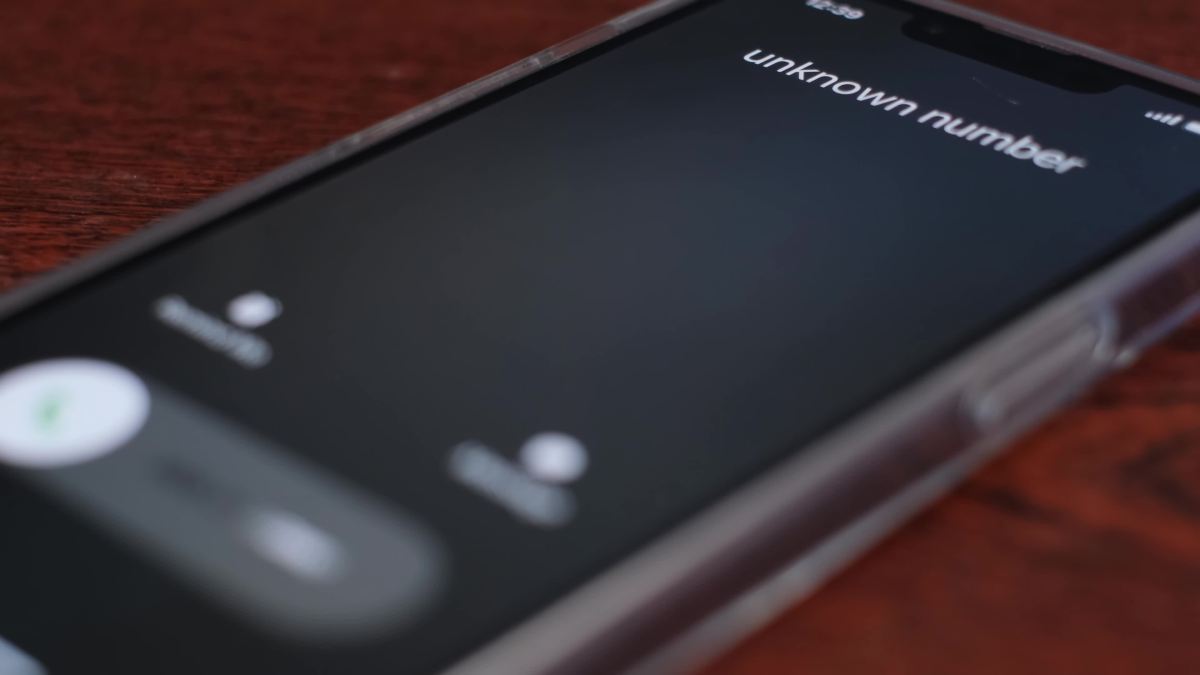Robocalling task force bill advances in Senate

The federal government is shut down and the House remains out of session, but work in the Senate continues, as a bipartisan bill designed to crack down on overseas robocalls advanced through a key committee Tuesday.
The Foreign Robocall Elimination Act, sponsored by Sens. Ted Budd, R-N.C., and Peter Welch, D-Vt., would create a new public-private interagency task force at the Federal Communications Commission to study and recommend executive and congressional action on robocalling operations based outside the United States.
The task force will propose potential solutions that can meaningfully curb robocalls without disrupting regular communications or legal marketing.
It would potentially provide policymakers with granular insight into a notoriously complex telecommunications ecosystem. The members would be charged with answering fundamental questions, like how many illegal robocalls come from overseas, what countries may host or serve as a nexus for robocalling outfits, and how much Americans lose every year through such scams.
“Every single month, millions of Americans are targeted by billions of scam calls attempting to rob them of their security, privacy, and hard-earned dollars, including many from foreign criminals. This needs to stop,” Budd said in a statement.
The bipartisan bill passed through the Senate Committee on Commerce, Science and Transportation, a key hurdle that now clears it for a full Senate vote.
Americans continue to face a deluge of illegal robocalls every year from scammers, marketers and political groups.
The irritation and frustration can often cross ideological or class divides: FCC Chair Brendan Carr told Congress in May that robocalling is “probably the number one issue” he has heard about from consumers in his time at the agency, and Welch this week noted that “folks in red and blue states alike are sick and tired of picking up the phone and wondering if they’re talking to a friend or being scammed.”
The legislation gives wide latitude to the FCC chair, Federal Trade Commission chair and U.S. attorney general to choose task force members. It also requires seven members to be drawn from the private sector, including three from voice service providers, analytics providers or other organizations “with expertise in combatting unlawful robocalls.”
It would also take a closer look at how well the FCC’s robocall mitigation database and STIR/SHAKEN — an authentication protocol meant to prevent call spoofing — are working to prevent robocalls. The effectiveness of the STIR/SHAKEN protocols were called into question last year when a Democratic consultant cloned President Joe Biden’s voice and sent fake robocalls to New Hampshire voters.
Those calls spoofed the number of a well-known New Hampshire Democrat, and the provider carrying them, Lingo Telecom, gave the highest level of confidence during authentication. Carr has said the FCC has spent $250 million on STIR/SHAKEN and is looking to expand the technology to older, legacy parts of the country’s telecommunications infrastructure.
Several amendments were adopted that would give the legislation more impact beyond a report.
One from Sens. Ed Markey, D-Mass., and Ben Ray Luján, D-N.M., would require telephone companies to put up a $100,000 bond and register in the robocall mitigation database before transmitting calls in the U.S. Currently, companies removed from the Robocall Mitigation Database can re-register with the FCC at no cost.
Another adopted amendment from Markey and Senate Majority Leader John Thune, R-S.D., would include another bill, the Robocall Trace Back Enhancement Act, that provides liability protections to phone companies who share information with a private-led consortium responsible for tracing the origins of robocalls.






